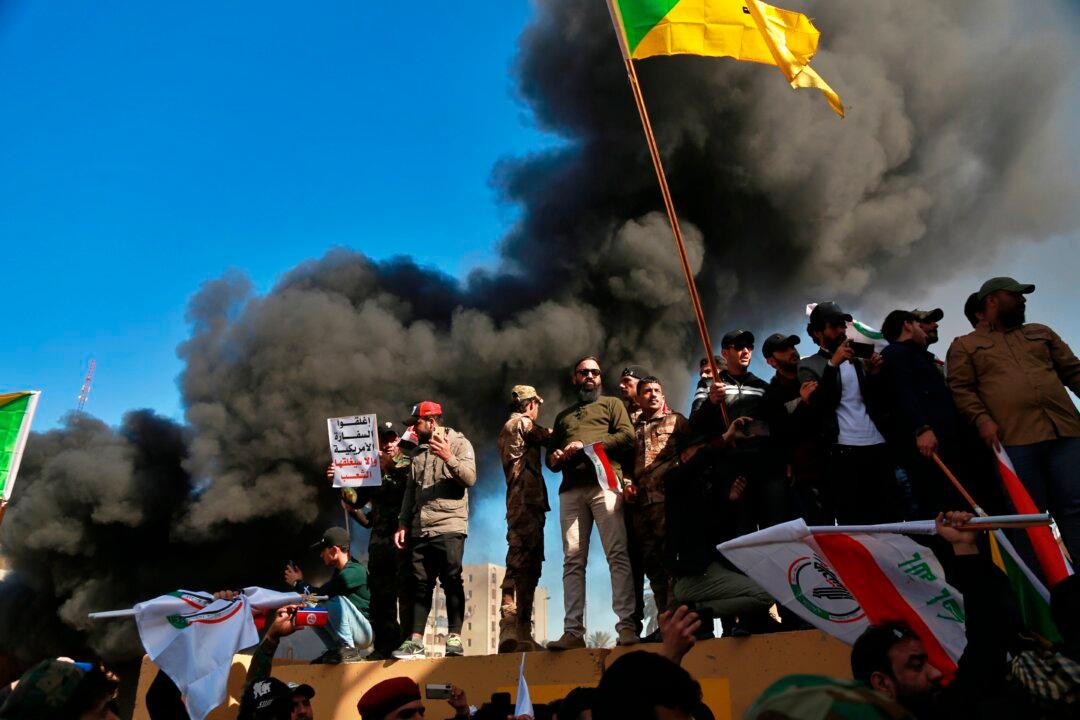Iraqi and Yemeni armed groups aligned with Iran have threatened to target U.S. interests with missiles and drones if Washington intervenes to support Israel in its conflict with Hamas in Gaza that already shows signs of expanding to further fronts.
The comments come amid strong support by the United States for Israel’s response to the attacks and a U.S. pledge to rapidly provide additional munitions to Israel and deploy a carrier strike group to the Eastern Mediterranean.





